The years since the financial crisis have supplied a great number of large corporate bankruptcies and financial distress. Radio Shack, Lehman Brothers, and most recently, Toys “R” Us have vanished or will soon vanish from the marketplace. While these examples of bankruptcy dominate the headlines, bankruptcy among small businesses is a far more serious problem. When large corporates file for bankruptcy protection, they can often spend months employing teams of attorneys and financiers to navigate the process. They still maintain access to equity and credit markets to fund day-to-day operations, and they can often spin-off divisions or products to provide the cash needed to save the core business. Many small and medium business do not have those options when times turn difficult. The Wall Street Journal recently reported that 90% of companies in chapter 11 have under $10 million in assets or debt. The Journal went on to report that the cost of entering bankruptcy for a small business is conservatively $100,000 to $300,000.
While bankruptcy can be used as a last resort to save a small to medium sized business, it is clear that the costs of navigating it are great. In addition to the hundreds of thousands of dollars in explicit costs, bankruptcy can force business leaders to spend a great deal of time responding to attorneys and filing necessary informational requirements. This is time not spent building and improving your business.
Avoiding the need to file
What can you do to avoid facing the decision to file for bankruptcy protection? For starters, recognizing the reality that any businesses can face financial distress can help you plan your finances accordingly. Maintaining strong relationships with customers and suppliers can ensure they’re offering you the most favorable trade terms. Regularly filing and paying estimated taxes can ensure you stay in front of potential issues with the IRS. Ensuring you’re regularly evaluating your business’ access to credit is another key way you can maintain access to funding in the event your business faces an unforeseen setback.
Maintaining access to credit
Your ability as a small business owner to maintain access to credit can be a key tool for avoiding the costs of bankruptcy. The cost of borrowing in the normal course of business will almost always be less than the costs of losing funding sources should your business become truly distressed.
The problem facing many small businesses on this front is the unwillingness of banks to extend credit to small businesses. Ensuring you develop and maintain relationships with alternative credit providers can help you mitigate the waning power of your banking relationships. Alternative credit providers can work with you to provide fast financing employing creative uses of collateral. For instance, many private lenders will allow the use of a primary residence to serve as collateral for a commercial loan. Private lenders will also regularly fund small balance loans, loans vital to your business but too small for many banks to view as profitable.
Worth Avenue Capital, LLC has, since 2008, served small and medium sized business needed quick access to funding. As a direct private lender, Worth Avenue Capital, LLC can make quick credit decisions that can help you forestall the need to consider entering bankruptcy. Small balance loans are an area of particular expertise for Worth Avenue Capital, LLC. If you are considering exploring alternative financing, please contact us at worthavenuecapital@gmail.com or 203-605-4082. Our experts can understand your situation and work to provide a financing solution that can keep your business operating and growing.
Recent Posts
Private Lending for Business Owners: Unlocking Liquidity Without Sacrificing Equity
Achieving business growth often requires more than strategy and determination. It requires access to capital. But with tightened credit markets making traditional bank...
Contractors and Private Capital: Financing Growth in Today’s Construction Economy
The construction industry is booming. Demand for new builds, renovations, and infrastructure projects remains high, but the cost of doing business has never...
Using Second Mortgages as Additional Collateral for Construction Loans
Over the past several months, WAC has provided financing for multiple construction projects where second mortgages were a critical part of the overall...

